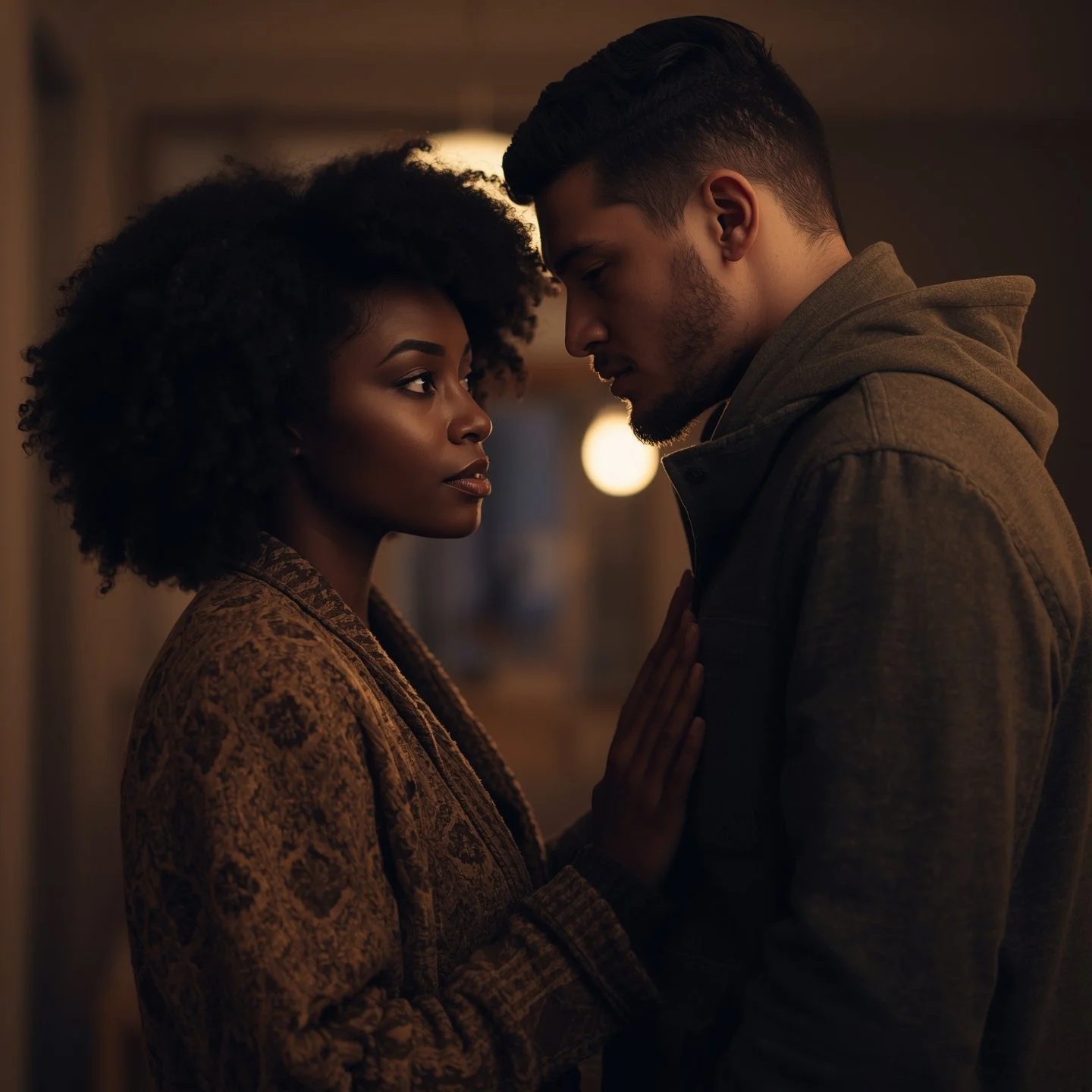Building Emotional Chemistry: How Indie Romance Authors Make Love Feel Real
In romance, chemistry is everything. Readers will forgive slow burns, imperfect characters, and even predictable tropes—but they won’t stay for a love story that feels flat or forced.
For indie romance authors, emotional chemistry is more than craft - it’s your competitive edge. Without massive marketing budgets, your stories must connect deeply, spread through word-of-mouth, and make readers feel something real.
The Difference Between Revising and Editing
Before we dive in, it’s important to understand the distinction between revising and editing:
· Revising is about making big-picture changes to your story—this includes plot structure, character development, pacing, and theme. It’s where you reimagine scenes, strengthen character arcs, and address major story issues.
· Editing, on the other hand, focuses on the finer details—like sentence structure, grammar, punctuation, and word choice. This stage is all about polishing your prose.
For most writers, it’s best to revise first, then edit. Start by focusing on the big picture, and once you’re happy with your story as a whole, move on to polishing the language and fixing technical errors.
Step 1: Take a Break
One of the most valuable things you can do after finishing your first draft is to take a break. Set the manuscript aside for a few weeks or even a month if you can. This allows you to return to your story with fresh eyes and a more objective perspective. You’ll be better equipped to spot problems and inconsistencies when you’ve had some distance from the work.
Step 2: Read the Entire Draft From Start to Finish
When you’re ready to dive into revisions, start by reading through your entire draft in one or two sittings, if possible. Resist the urge to start editing or making changes during this initial read-through. Instead, focus on absorbing the story as a whole.
Take Notes: Keep a notebook or document handy and jot down any major issues you notice, such as:
Plot holes
Inconsistent character behavior
Pacing issues (slow or rushed sections)
Unclear motivations or goals
Areas where tension drops or stakes feel low
This read-through gives you an overview of what’s working and what needs improvement, allowing you to create a roadmap for your revisions.
Step 3: Revise for Structure and Story
What readers don't know about Indie Authors
Many think that we sit down and type for hours and then upload the book, and magically people buy it, and we become famous and make lots of money.
Support From Friends and Family
When I decided to pursue writing as a profession, I expected to have my friends and family's full support.
Self-Publishing Success and Failure: It's up to you.
Many new writers believe that they can write a book and put it out there, and it's going to become a best seller. It probably won't. The key to success is knowing that it only comes with hard work. There is no such thing as an easy payday. Yes, you can write the book and sit back and wait to collect passive income while you go off and shop for that new drop-top or house on the hill. The only problem is that unless you market your book, no one will know that it exists.
Explicit Language
To cuss or not to cuss, is the question. This is a question that can only be answered by the writer.
What I’ve learned in 3 years of self-publishing
I’ve been publishing my own writing since July of 2017, and I have learned a lot in the three years since I began. Self-publishing isn’t for everyone.
2020 What a year!
It is finally December. If you are like me, you can’t wait to put 2020 in the review mirror of your life.
Hobby or Business-Creative Writing
For the most part, writing has been a hobby. It wasn’t until 2017 that I jumped into the world of self-publishing and put my first book out for the world to read. It did better than I ever expected and I went whole hog into trying to establish myself as a self-published author. I wrote more books as I read everything I could find about how to become a six-figure author.
Romance and BDSM
Darker than Fifty Shades of Grey, a BDSM relationship between an interracial couple.











